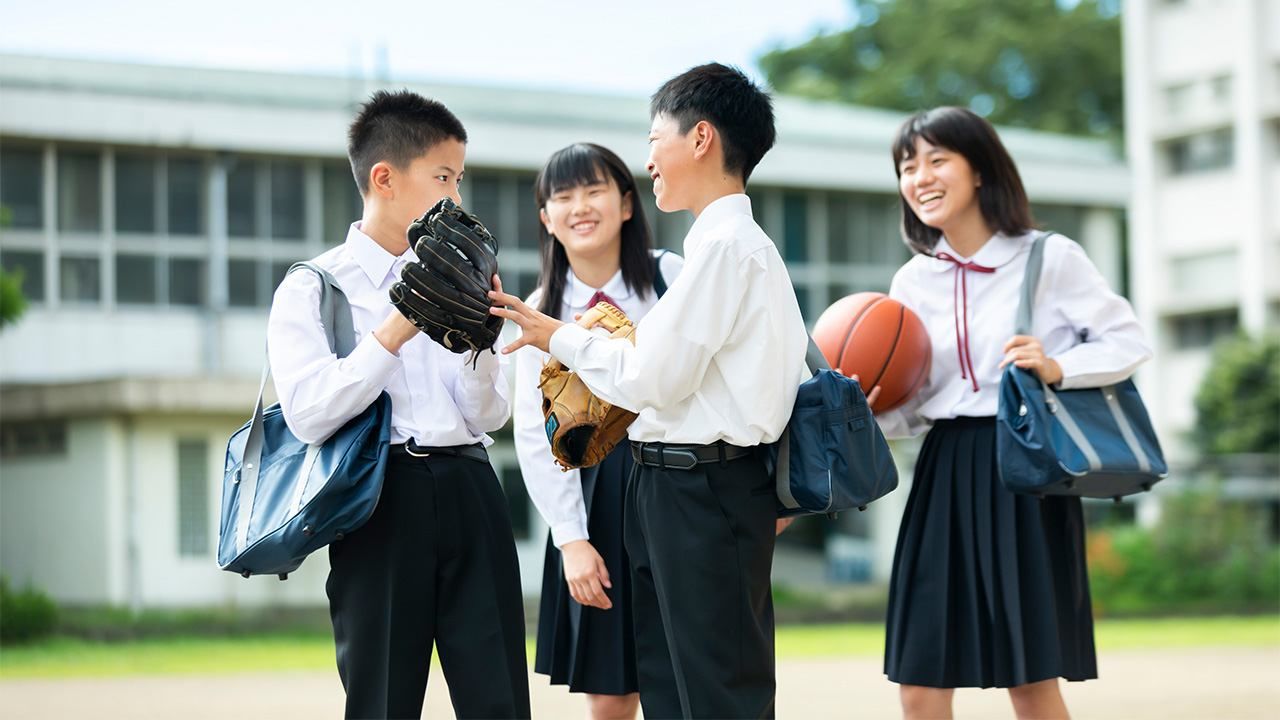
Japanese Children Want Child Policies to Focus on Free Education
Education Family Society- English
- 日本語
- 简体字
- 繁體字
- Français
- Español
- العربية
- Русский
In April 2023, the Japanese government established the Children and Families Agency and a basic children’s act came into force. The government also plans to decide on an outline that will set the basic policies for children. With the aim of reflecting as many children’s views as possible in that outline, the Nippon Foundation carried out an extensive survey of 10,000 children aged 10 to 18 in March.
When the respondents were asked if they knew about the United Nations Convention on the Rights of the Child (ratified in Japan in 1994) and Japan’s new legislation, awareness was less than 10% for each.
The respondents were further asked if there were any children’s rights that were not being upheld, either for themselves or those in their immediate vicinity. The results showed that more than 10% identified each of four particular types of rights as not being respected: “being able to freely express views and be respected by adults,” “not being discriminated against for any reason,” “being able to receive an education,” and “the best interests of the child being prioritized by adults.”
Regarding the respondents themselves and whether they had ever felt discriminated against or treated unfairly, 6.9% said they had due to their appearance and 5.3% due to their school grades.
Looking at what respondents thought the government and society should prioritize for children, the most popular choice, with 40.3%, said it should be “free education up to high school and university.” This was followed by 36.7% who wanted priority given to creating “a society without bullying” and 33.7% who wanted to be “able to live safely without being affected by crime.”
The children were also asked to write freely on what they would like to see addressed in the outline for basic policies and what they would like to ask the person in charge of child policies. The most common response was “free education,” followed by “revision of the school curriculum and rules” and “respecting children’s opinions.” It also became clear in the survey that the children themselves felt the burden of educational costs, with one respondent saying “I want to study, but I’m reluctant to ask my parents to pay even more money than they already do,” and another who stated “my parents often tell me that the cost of education is too much.”
(Translated from Japanese. Banner photo © Pixta.)




